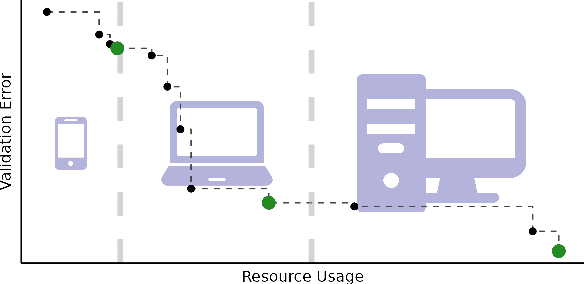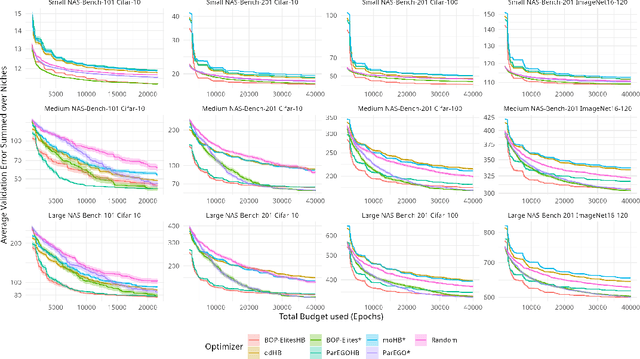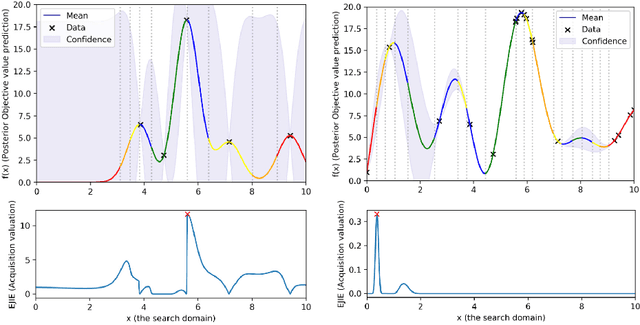Paul Kent
A Future Capabilities Agent for Tactical Air Traffic Control
Jan 07, 2026Abstract:Escalating air traffic demand is driving the adoption of automation to support air traffic controllers, but existing approaches face a trade-off between safety assurance and interpretability. Optimisation-based methods such as reinforcement learning offer strong performance but are difficult to verify and explain, while rules-based systems are transparent yet rarely check safety under uncertainty. This paper outlines Agent Mallard, a forward-planning, rules-based agent for tactical control in systemised airspace that embeds a stochastic digital twin directly into its conflict-resolution loop. Mallard operates on predefined GPS-guided routes, reducing continuous 4D vectoring to discrete choices over lanes and levels, and constructs hierarchical plans from an expert-informed library of deconfliction strategies. A depth-limited backtracking search uses causal attribution, topological plan splicing, and monotonic axis constraints to seek a complete safe plan for all aircraft, validating each candidate manoeuvre against uncertain execution scenarios (e.g., wind variation, pilot response, communication loss) before commitment. Preliminary walkthroughs with UK controllers and initial tests in the BluebirdDT airspace digital twin indicate that Mallard's behaviour aligns with expert reasoning and resolves conflicts in simplified scenarios. The architecture is intended to combine model-based safety assessment, interpretable decision logic, and tractable computational performance in future structured en-route environments.
Tackling Neural Architecture Search With Quality Diversity Optimization
Jul 30, 2022



Abstract:Neural architecture search (NAS) has been studied extensively and has grown to become a research field with substantial impact. While classical single-objective NAS searches for the architecture with the best performance, multi-objective NAS considers multiple objectives that should be optimized simultaneously, e.g., minimizing resource usage along the validation error. Although considerable progress has been made in the field of multi-objective NAS, we argue that there is some discrepancy between the actual optimization problem of practical interest and the optimization problem that multi-objective NAS tries to solve. We resolve this discrepancy by formulating the multi-objective NAS problem as a quality diversity optimization (QDO) problem and introduce three quality diversity NAS optimizers (two of them belonging to the group of multifidelity optimizers), which search for high-performing yet diverse architectures that are optimal for application-specific niches, e.g., hardware constraints. By comparing these optimizers to their multi-objective counterparts, we demonstrate that quality diversity NAS in general outperforms multi-objective NAS with respect to quality of solutions and efficiency. We further show how applications and future NAS research can thrive on QDO.
BOP-Elites, a Bayesian Optimisation algorithm for Quality-Diversity search
May 08, 2020



Abstract:Quality Diversity (QD) algorithms such as MAP-Elites are a class of optimisation techniques that attempt to find a set of high-performing points from an objective function while enforcing behavioural diversity of the points over one or more interpretable, user chosen, feature functions. In this paper we propose the Bayesian Optimisation of Elites (BOP-Elites) algorithm that uses techniques from Bayesian Optimisation to explicitly model both quality and diversity with Gaussian Processes. By considering user defined regions of the feature space as 'niches' our task is to find the optimal solution in each niche. We propose a novel acquisition function to intelligently choose new points that provide the highest expected improvement to the ensemble problem of identifying the best solution in every niche. In this way each function evaluation enriches our modelling and provides insight to the whole problem, naturally balancing exploration and exploitation of the search space. The resulting algorithm is very effective in identifying the parts of the search space that belong to a niche in feature space, and finding the optimal solution in each niche. It is also significantly more sample efficient than simpler benchmark approaches. BOP-Elites goes further than existing QD algorithms by quantifying the uncertainty around our predictions and offering additional illumination of the search space through surrogate models.
 Add to Chrome
Add to Chrome Add to Firefox
Add to Firefox Add to Edge
Add to Edge